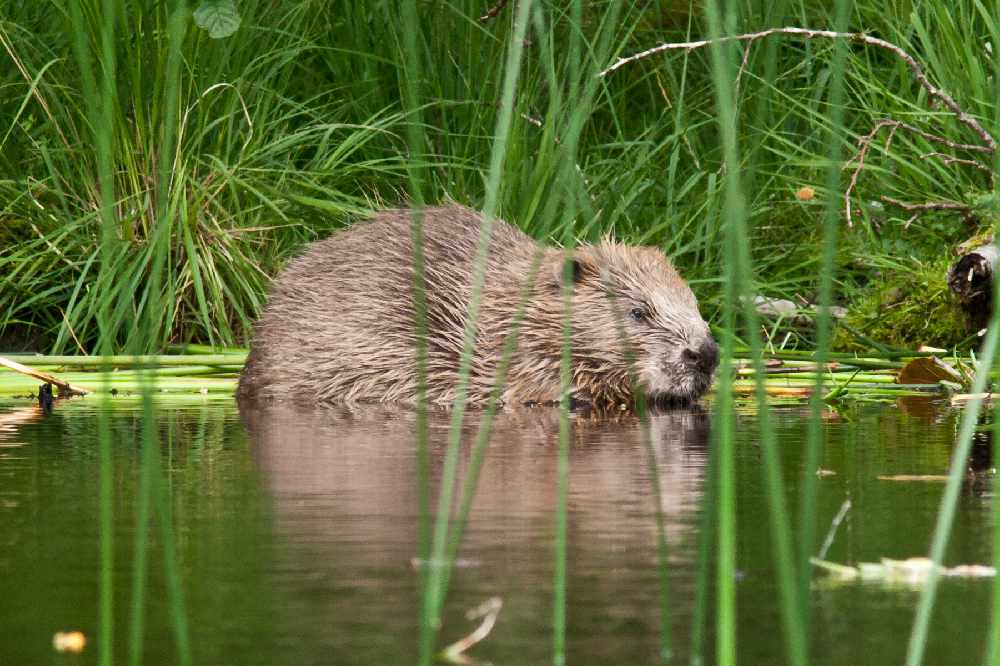
Beavers could be released on the Isle of Wight for the first time ever - as part of a new project by The Wildlife Trusts.
Scroll for pictures
Subject to a successful licence application, the Trust plans to release beavers in the Eastern Yar after a very positive feasibility research study proved the habitat would suit them well.
It is hoped that they can be officially released into an open area, rather than fenced enclosures. The Trust is looking forward to discussions with landowners and local communities about a potential beaver release over the course of the year.
The Wildlife Trusts are releasing a record number of beavers in 2021 – twenty years after bringing the first ever beavers back to Britain.
Plans developed by Wildlife Trusts of Dorset, Derbyshire, Hampshire and the Isle of Wight, Nottinghamshire and Montgomeryshire would see new beaver families moving into these counties for the first time, if licences are granted.
These industrious herbivores are native to mainland Britain but were hunted to extinction in the 16th century by people who wanted their fur, meat and scent glands.
The loss of beavers led to the loss of the mosaic of lakes, meres, mires, tarns and boggy places that they were instrumental in creating. Their ability to restore and maintain important wetland habitats is why reintroducing this species is so important.
Craig Bennett, chief executive of The Wildlife Trusts said:
“Beavers are a fantastic keystone species that have a hugely important role to play in restoring nature to Britain. It’s brilliant to see Wildlife Trusts across the UK ensuring a better future for wetlands and for a wealth of other wildlife by bringing back beavers whose engineering capabilities inject new life into wild places. The benefits for people are clear – beavers help stop flooding downstream, filter out impurities and they create new homes for otters, water voles and kingfishers. What’s more, people love seeing them and their presence boosts tourism in the countryside.
“We live in one of the most nature‐depleted countries in the world which is why we have a big ambition to protect 30% of land and sea for nature by 2030. We’re calling on the government to come up with an ambitious strategy to enable beavers to return to help tackle the climate crisis and improve wetlands for wildlife.”
- Beaver female 2 © Mike Symes Devon Wildlife Trust
- Beaver female 3 (c) Mike Symes
- Beaver female 3 @ Mike Symes Devon Wildlife Trust
- Beaver female with kits 1 (c) Mike Symes
- Beaver female with kits 2 © Mike Symes Devon Wildlife Trust
- Beaver2 © Kent Wildlife Trust
- Adult beaver at Knapdale, Scottish Wildlife Trust (c) Steve Gardner
- Beaver © Kent Wildlife Trust
- Beaver © Ray Lewis Kent Wildlife Trust


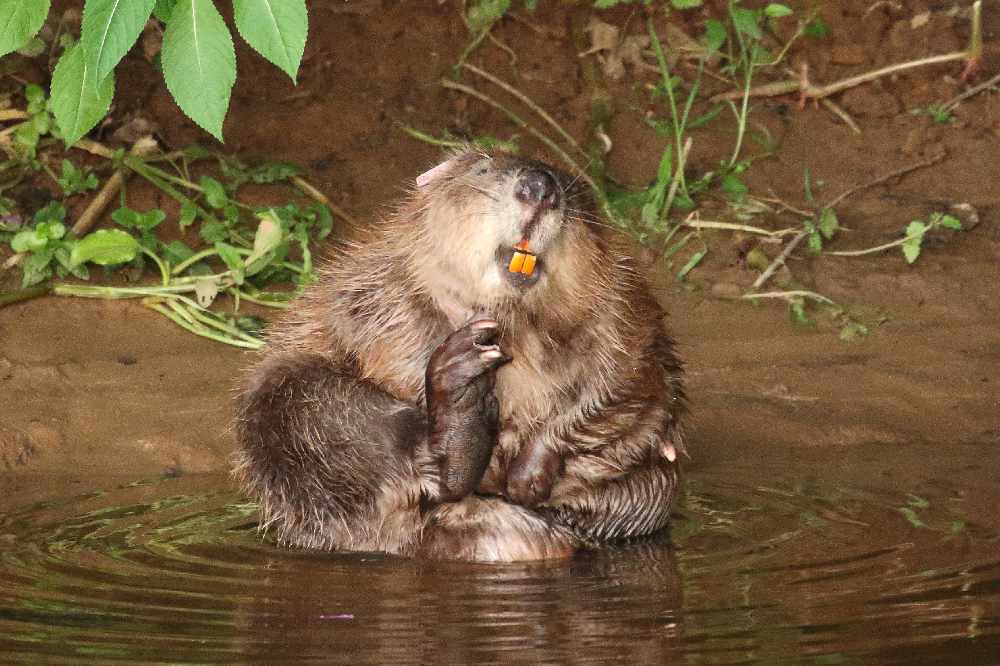
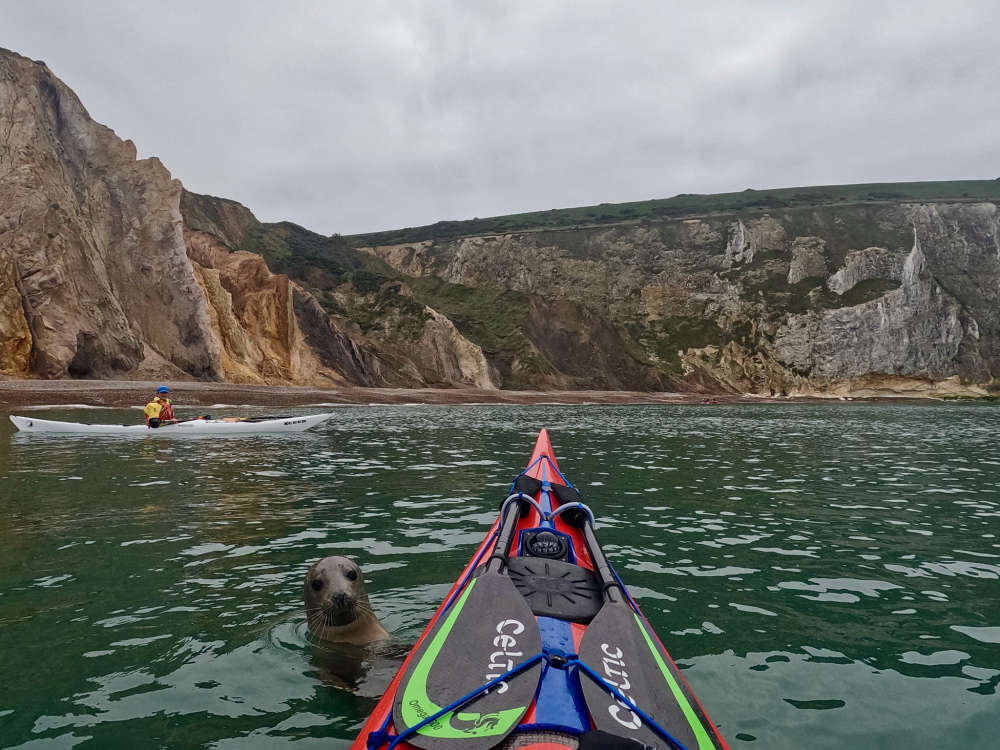

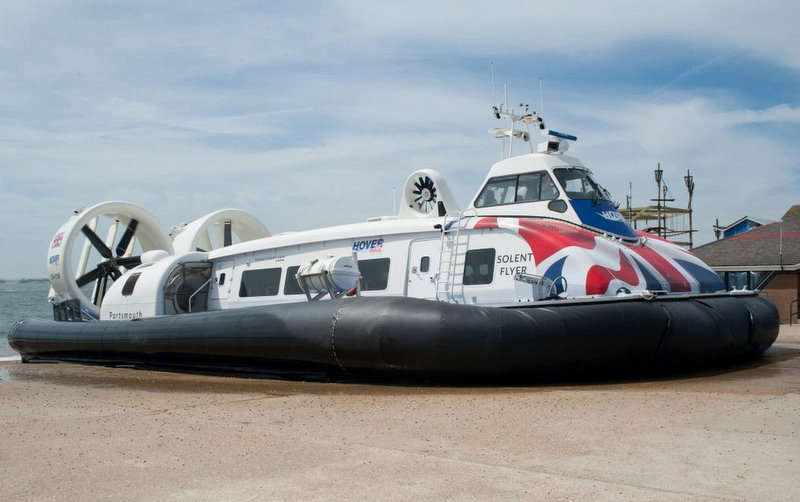 Hovertravel Services Remain Suspended Due To Unexploded Ordnance
Hovertravel Services Remain Suspended Due To Unexploded Ordnance
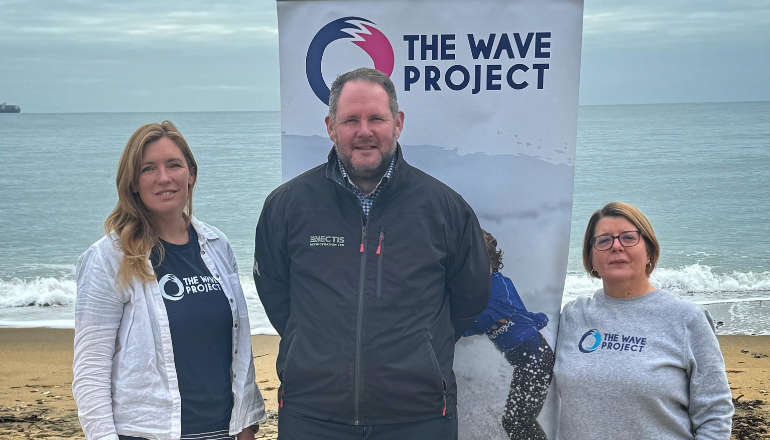 Local Business Gives Back By Supporting Surf Charity
Local Business Gives Back By Supporting Surf Charity
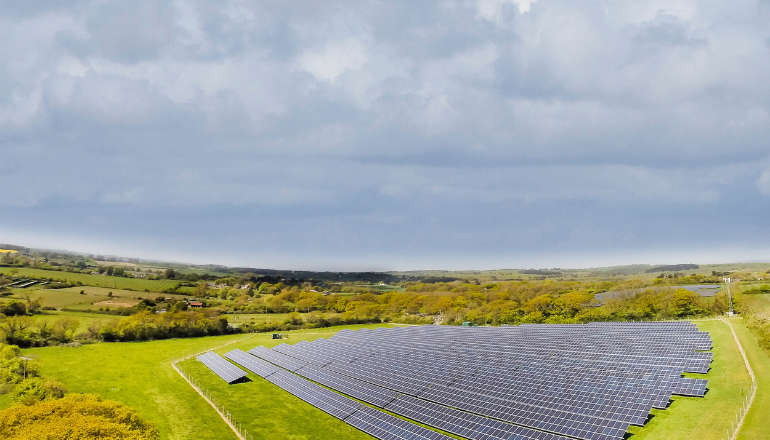 Local Energy Company Seeks Rooftops For Community Solar Projects
Local Energy Company Seeks Rooftops For Community Solar Projects
 Who Will You Nominate For 50th Isle Of Wight Sports Achievement Awards?
Who Will You Nominate For 50th Isle Of Wight Sports Achievement Awards?
 Isle Of Wight Churches Launch Urgent Fundraising Appeal For Debt Help On The Island
Isle Of Wight Churches Launch Urgent Fundraising Appeal For Debt Help On The Island
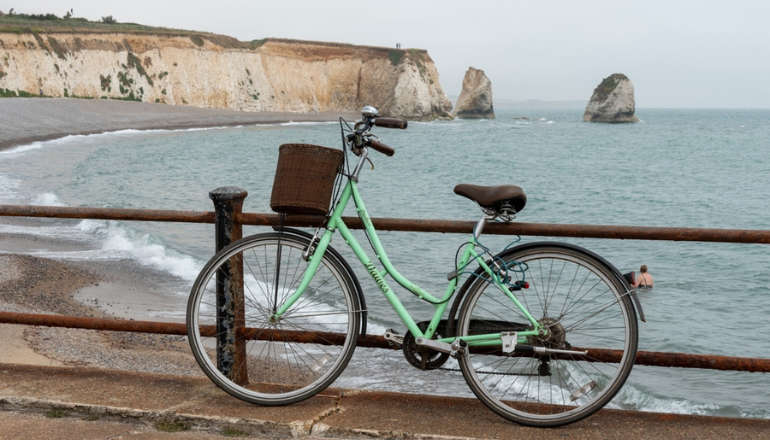 Plans Afoot To Improve Isle Of Wight Cycling And Walking Routes
Plans Afoot To Improve Isle Of Wight Cycling And Walking Routes
 Appeal Following Report Of Assault In Cowes
Appeal Following Report Of Assault In Cowes
 Witness Appeal Following Fatal Incident On Isle Of Wight
Witness Appeal Following Fatal Incident On Isle Of Wight
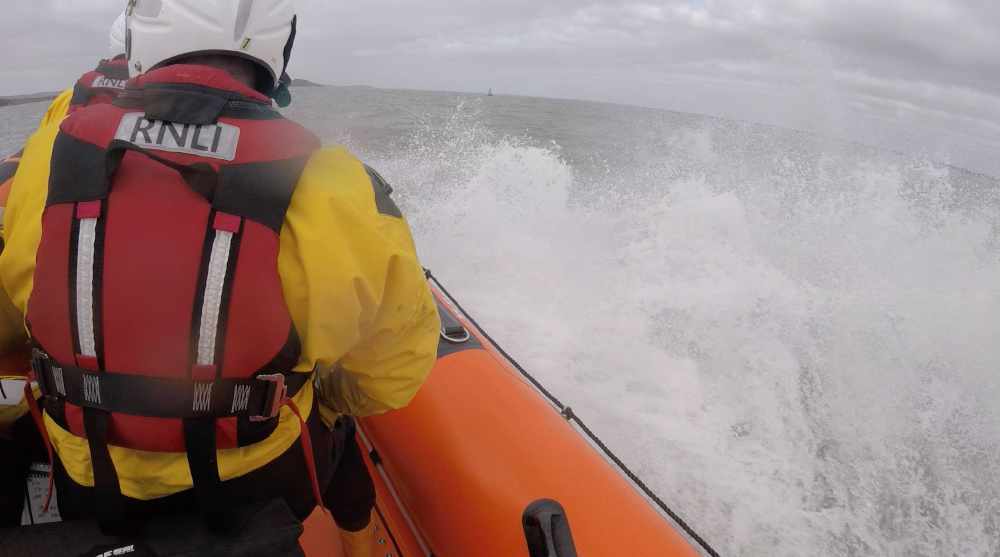 Cowes RNLI Lifeboat Attends ‘Man In River’ Emergency
Cowes RNLI Lifeboat Attends ‘Man In River’ Emergency
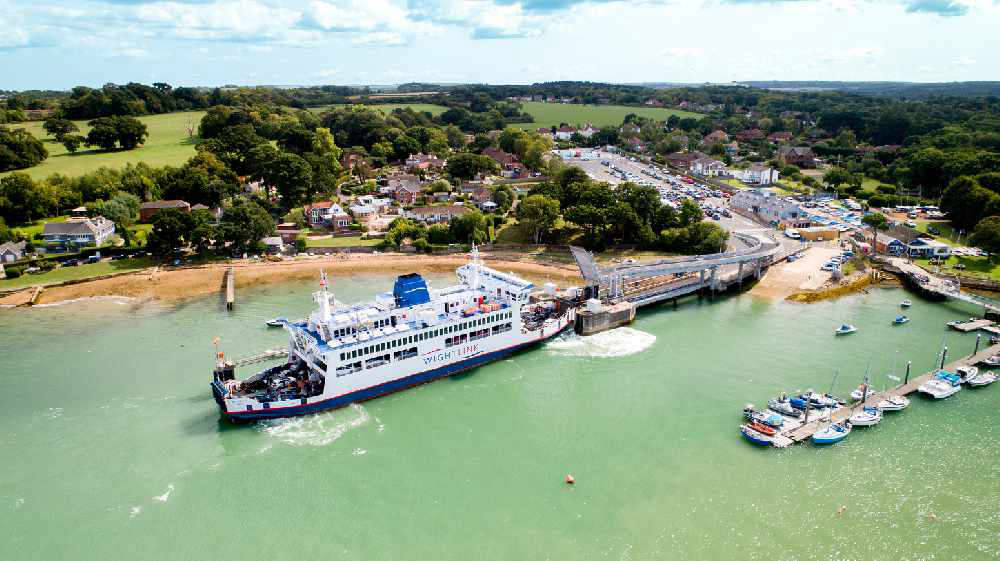 Wightlink Releases Statement Regarding Suspended Services
Wightlink Releases Statement Regarding Suspended Services
 Changing Rooms: Shanklin Hotel Set For Upgrades
Changing Rooms: Shanklin Hotel Set For Upgrades
 'Plagued' Ryde Farmhouse Set For Demolition
'Plagued' Ryde Farmhouse Set For Demolition
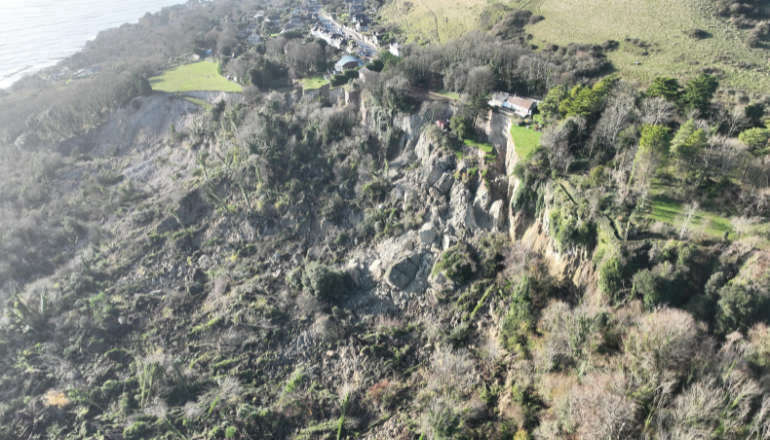 Leeson Road To Re-Open This Sunday
Leeson Road To Re-Open This Sunday
 Supergrass, Jess Glynne And Busted Among Latest Acts Announced For Isle Of Wight Festival 2025
Supergrass, Jess Glynne And Busted Among Latest Acts Announced For Isle Of Wight Festival 2025
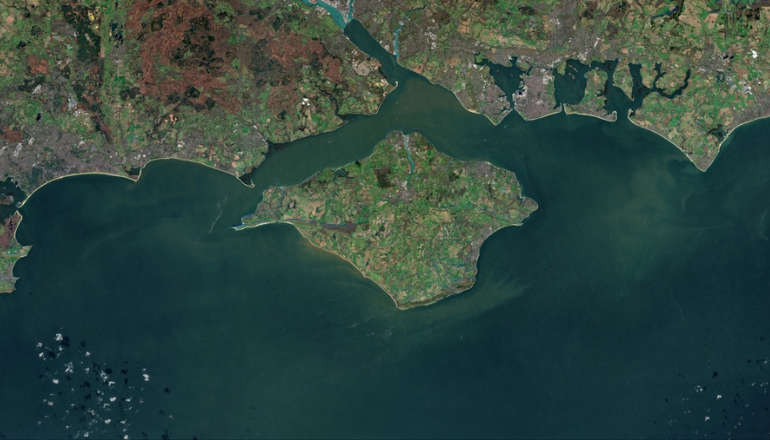 Inspectors Appointed For Island Planning Strategy Examination
Inspectors Appointed For Island Planning Strategy Examination
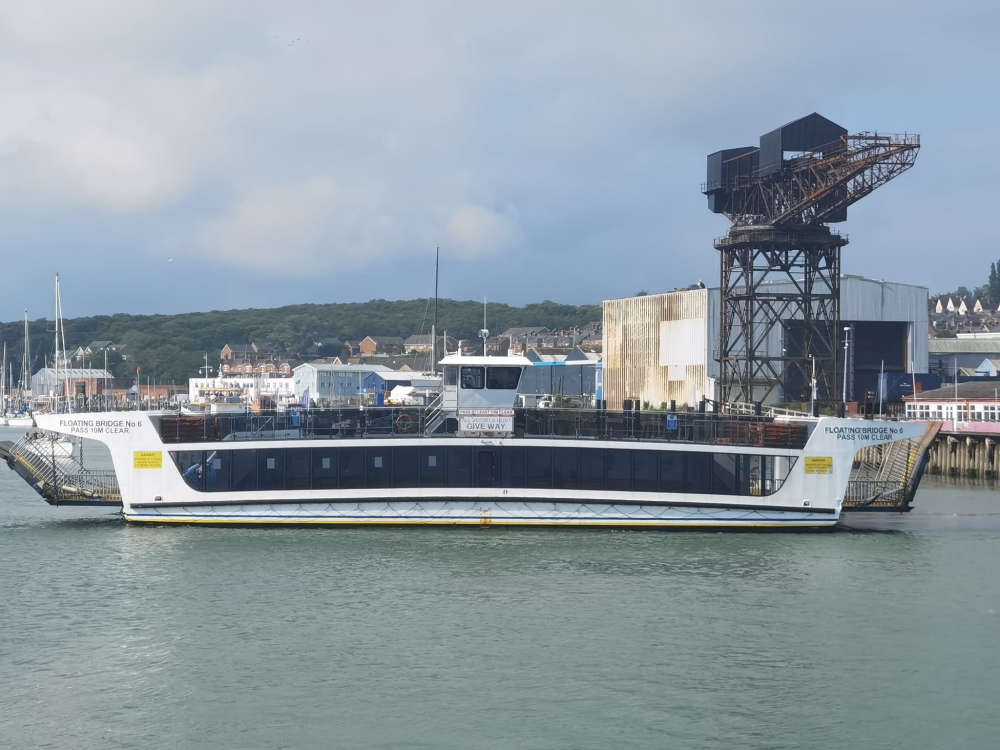 Islanders Floating Bridge Views Sought
Islanders Floating Bridge Views Sought
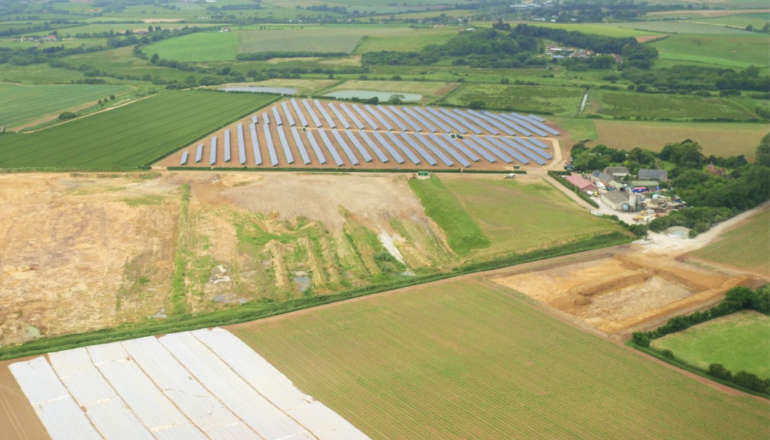 Two More Years Of Restoration Works Confirmed For Isle Of Wight Quarry
Two More Years Of Restoration Works Confirmed For Isle Of Wight Quarry
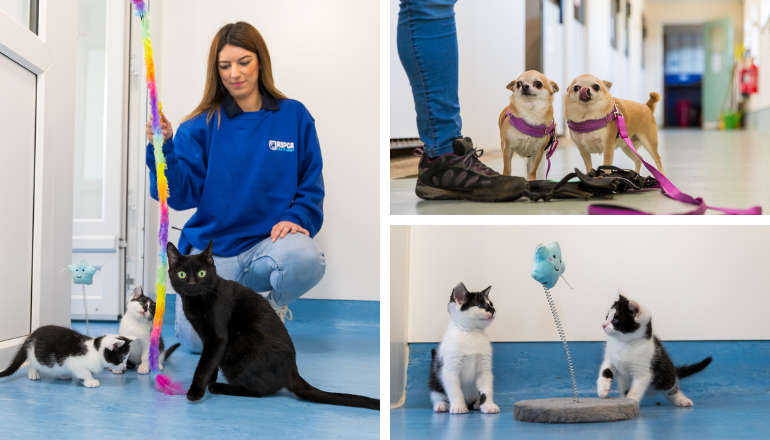 RSPCA Isle Of Wight Appeal Launched To Help Island's Most Vulnerable Animals This Christmas
RSPCA Isle Of Wight Appeal Launched To Help Island's Most Vulnerable Animals This Christmas
 Appeal For Information Following Assault At Crown Pub In Ryde
Appeal For Information Following Assault At Crown Pub In Ryde
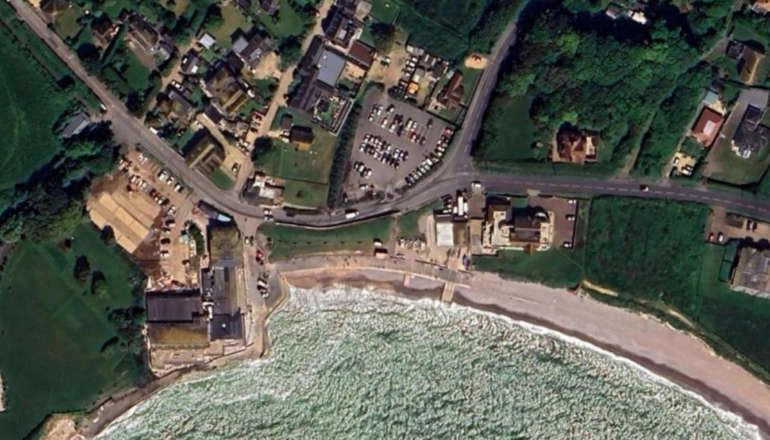 New Entrance And Kitchen Mooted For Freshwater Bay Hotel
New Entrance And Kitchen Mooted For Freshwater Bay Hotel


